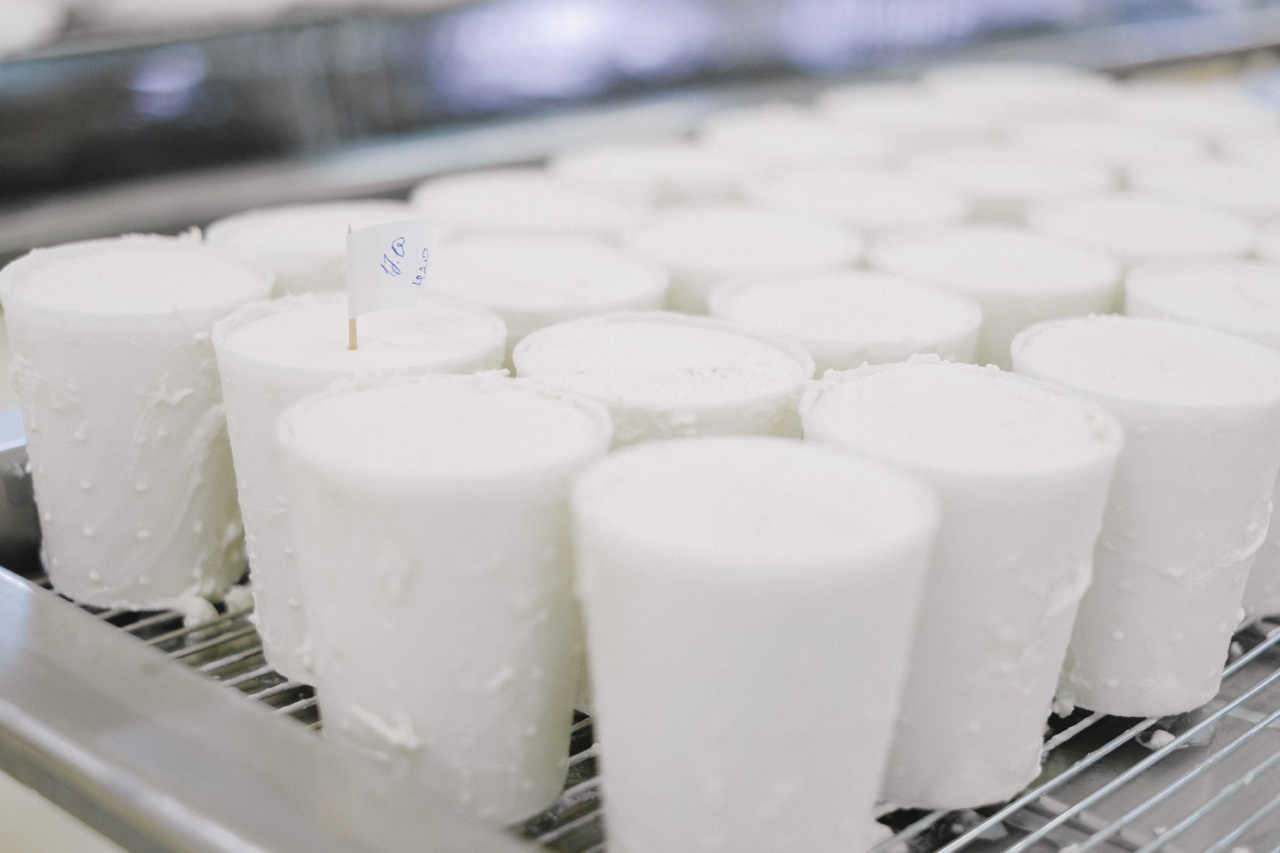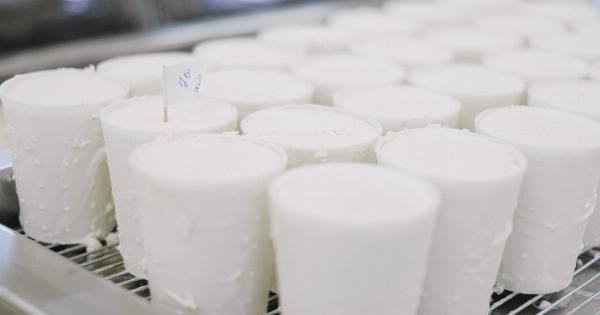For new moms, breastfeeding is a beautiful experience that creates a special bond between the mother and child. However, breastfeeding can be challenging, especially if the mother is not producing enough milk.
Breast milk is not only the best source of nutrition for the baby, but it also helps with their immune system, digestion, and growth. So, it is important for breastfeeding moms to know how to increase their milk production. Here are some tips:.
1. Nurse Frequently
The more you breastfeed, the more you stimulate your breasts to produce milk. Babies also have tiny stomachs, so they need to nurse frequently.
Therefore, try to feed your baby on demand, meaning whenever they show signs of hunger, even if it is every hour or less. Also, don’t skip any feedings or replace them with formula if possible.
2. Ensure a Proper Latch
If your baby is not latching properly, they may not be able to suck milk effectively, and this can affect your milk production. A good latch involves your baby taking a big mouthful of your breast, including the areola, not just the nipple.
A proper latch should be pain-free, so if it hurts, it is a sign that your baby needs to re-latch.
3. Use Both Breasts
Make sure you offer both breasts to your baby during each feeding. This ensures that both breasts are emptied, and milk production is stimulated. If your baby falls asleep or loses interest in one breast, switch sides and try again later.
4. Pump After a Feeding
If you feel like your breasts are not completely empty after a feeding, you can use a breast pump to express the remainder of the milk. This not only stimulates milk production but also ensures that your baby gets all the necessary nutrients.
You can also pump between feedings to increase milk production.
5. Stay Hydrated
Your body needs enough fluids to produce breast milk. Make sure you drink enough water, and avoid beverages that contain caffeine or alcohol, as they can dehydrate you and affect your milk supply.
6. Eat a Balanced Diet
Eating a healthy and balanced diet is essential for milk production. Make sure your meals and snacks contain plenty of fruits, vegetables, whole grains, and lean protein.
Also, try to consume foods that are known to boost milk production, such as oatmeal, fenugreek, and brewer’s yeast.
7. Get Enough Rest
Stress and fatigue can affect your milk supply negatively. Therefore, make sure you get enough sleep and rest during the day. Ask for help with household chores and childcare, so you can focus on breastfeeding and taking care of yourself and your baby.
8. Consider Taking Supplements
There are many herbal supplements and teas that can boost milk production. However, make sure you consult your doctor or lactation consultant before taking any supplements, as some may cause side effects or interact with medications.
9. Practice Skin-to-Skin Contact
When your baby is skin-to-skin with you, their body temperature stabilizes, and they feel secure and relaxed. Skin-to-skin contact also stimulates the production of hormones that increase milk production.
10. Seek Help from a Lactation Consultant
If you are still struggling with milk production, consider seeking help from a lactation consultant. They can observe your breastfeeding technique, provide advice, and recommend products that can help you increase milk production.
They can also address any concerns or issues you may have related to breastfeeding.
Increasing milk production can be challenging, but it is possible with the right techniques and support. Remember to stay positive, take care of yourself, and seek help when needed.

























